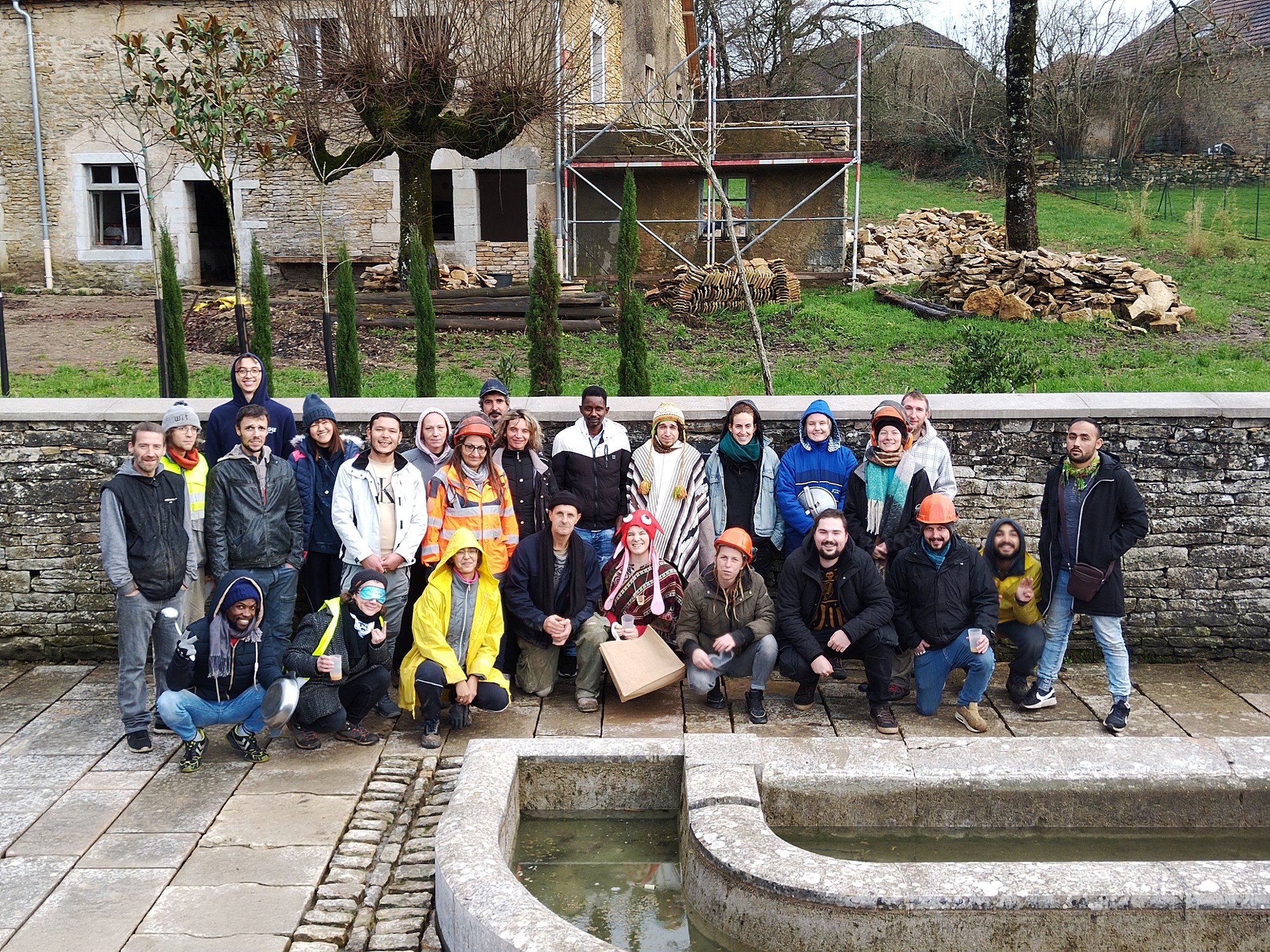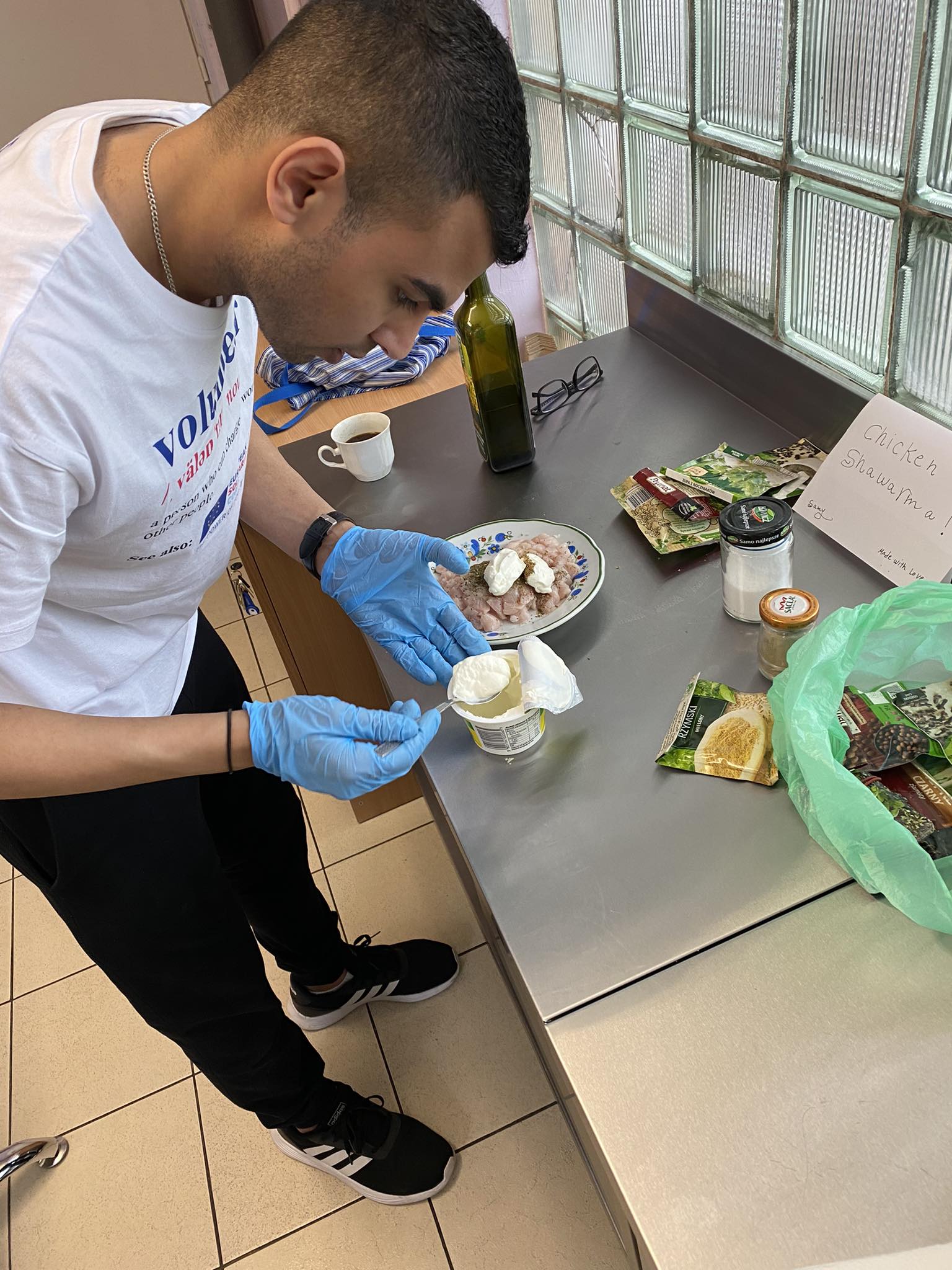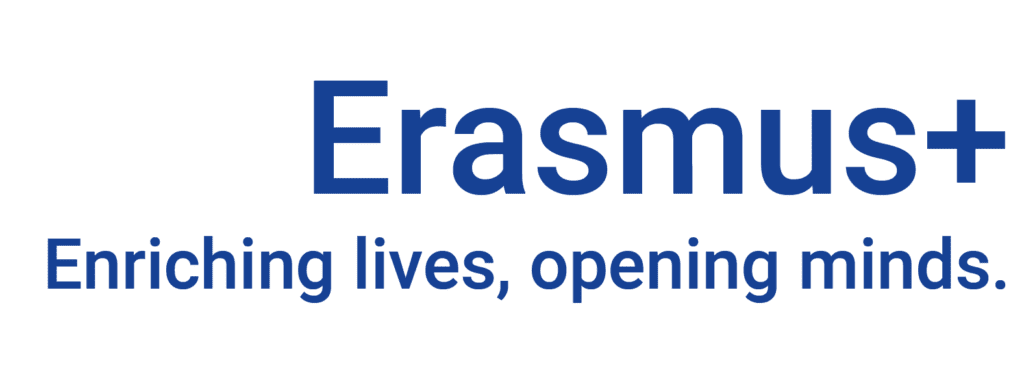Published by
Beyond Borders Neighbours Together
Almost 100 changemakers from 33 countries united in Bonn to reshape youth cooperation between programme and neighbouring partner countries for a more fair and connected future through Erasmus+ and European Solidarity Corps! Here is a glimpse of the conclusions!


The Beyond Borders Stakeholder Conference, held in Bonn, Germany from 16–20 September 2024, brought together experts, youth leaders, and other stakeholders from across Europe and beyond to address the pressing challenges of international youth cooperation between programme and partner countries. The conference provided a platform for participants to discuss and develop suggestions on how to enhance cooperation within the Erasmus+ and European Solidarity Corps programmes.
We are working to create a more inclusive and impactful future for international youth cooperation, said Sonja Mitter Škulj, coordinator of SALTO South East Europe Resource Centre (SALTO SEE) and the Beyond Borders strategic partnership. Our aim is to tackle the challenges faced by organisations and young people in both partner and programme countries, and offer practical solutions, such as partner-finding activities and advocacy for structural changes.
Resilience in the Face of Challenges
The resilience of youth organisations and young people in partner countries was a repeating topic during the conference. Despite geopolitical upheavals in regions like Ukraine, Palestine, and the Caucasus, participants expressed a determination to continue their work.
There’s amazing energy on the part of youth organisations and young people in partner countries to resist challenges and persevere, said Max Fras, a researcher and consultant in European youth policy, who served as the rapporteur of the conference. No matter the local or global circumstances, they are working hard to ensure that young people can take advantage of the opportunities available through EU youth programmes.
Fras admired the resilience of partners across Europe and the surrounding regions, emphasising the importance of maintaining these partnerships despite the obstacles they face.


Anxiety About the Future of Cooperation
While there was optimism about the potential for change, there was also anxiety about the future of cooperation with neighbouring partner countries. Many participants expressed concern over the lack of prioritisation in both budgetary and policy terms.


There’s quite a lot of anxiety about whether the current framework meets the needs of young people across Europe and beyond, Fras said. While the Erasmus+ programme is stable, youth cooperation between programme and partner countries doesn’t seem to be well established, prioritised and framed, Fras underlined.
Participants voiced concerns that youth organisations and young people interested in broad international youth cooperation were not being given the attention they deserved. The sentiment was clear: more needs to be done to bridge the gap between the programme and neighbouring partner countries.
Optimism and a Call for More Opportunities
Despite these challenges, there was a strong sense of optimism among attendees. They shared a hope that their feedback would be used to adapt the programmes to better suit the needs of young people in both Programme and partner countries.


We heard a lot of calls for more—more opportunities for young people, more types of projects, and more inclusive activities, Fras commented. The message was clear: we need to reach beyond the bubble of organisations already benefiting from the programme and make sure new organisations and young people, particularly those with fewer opportunities, can get involved.
Participants also discussed how youth work is evolving, particularly in response to the rise of digital tools and methods, including artificial intelligence. They stressed the importance of adapting to these changes and ensuring that everyone involved in youth programmes receives proper recognition and compensation for their work.
Shared Challenges and Democracy
Giorgi Kikalishvili, from the Erasmus+ and European Solidarity Corps Information Centre in Georgia and Youth Association ‘Droni’, highlighted the importance of partnerships in promoting democratic values in the region.


In the current geopolitical climate, it’s crucial to maintain and strengthen these partnerships to promote democracy, human rights, inclusion, and equality, Giorgi Kikalishvili, one of the participants, said. He added that the conference provided a valuable opportunity to share recommendations with stakeholders and policymakers, including the European Commission.
Democracy was a recurring topic throughout the event. Participants discussed the challenges facing civil society, the shrinking space for democratic engagement, and the need to ensure that young people are empowered to play an active role in shaping their societies.
We must make sure that young people in the European Union and its neighbouring countries have a genuine seat at the table, Fras noted. They don’t just want to be listened to; they want to be heard, and they want to see their ideas reflected in the policies and programmes they participate in.
A Call for More Funding
One of the most frequently voiced concerns was the need for more and better-structured funding. Many participants argued that the current budget for cooperation between Programme and partner countries is insufficient to meet the growing demand for youth engagement.
There’s a need for more funding and flexibility within the Erasmus+ and European Solidarity Corps structure, said Kikalishvili. Having strong, democratic civil societies in the European Union and its neighbouring countries is in everyone’s best interest. This is a mutually beneficial cooperation where both sides stand to gain.
Fras echoed these sentiments, arguing that the Erasmus+ programme represents a tangible footprint for Europe in neighbouring partner countries. He urged policymakers to recognise the value of investing in youth education, civil society, and activism.


If I were to argue with policymakers, I would say: just look at what Erasmus+ and its predecessors have achieved over the decades now, if you look at the programme at large! Just look at the achievements, the transformative impact it has had on young people. I would say, do it because it works, do it because it’s value for money, and also do it because, especially in partner countries. It is something that people associate very positively with the European Union, or with Europe at large, something that has a transformative effect in the communities of the partner countries. If you would like Europe’s neighbours to recognise Europe for the good things that it stands for, including education, civil society, activism, active communities, active citizens, then yes, that’s the way to go. Quality youth programmes, including Erasmus+, are your answer, Fras concludes.
What’s Next for Beyond Borders?
Looking ahead, the Beyond Borders project has several key activities planned for 2025. These include two partner-finding activities focused on volunteering and Erasmus+ youth projects, a meeting of National Agencies staff, a training course for mentors in volunteering and a seminar to develop educational tools and games.
We’re also developing practical tools to use in international youth cooperation, said Mitter Škulj. Our priority now is to disseminate the recommendations from this conference to the right target groups and continue working to improve the Programmes.
For those interested in learning more about international youth cooperation, the Beyond Borders portal offers resources and updates on upcoming events.
| The Beyond Borders Stakeholder Conference highlighted the importance of international youth cooperation between programme and partner countries and the need for continued investment in opportunities for young people in Europe and beyond. The Beyond Borders-Neighbours Together is a long-term, strategic partnership project of regional SALTO resource centres and European youth programmes National Agencies to enhance youth cooperation between Programme and Neighbouring Partner countries. The project is led by three SALTO Resource Centres: SALTO South-East Europe, SALTO Euromed and SALTO Eastern Europe and Caucasus. Eleven National Agencies of Erasmus+ and European Solidarity Corps are involved as partners representing Slovenia, Poland, France, Germany, Finland, Czech Republic, Lithuania, Italy, Türkiye, Croatia and Switzerland. |


































